As Dr. Kim Little walked onto campus on an unseasonably warm fall day in October, passing banners proclaiming Longwood’s founding in 1839, she reflected on history. “As I approached Stevens Hall, I thought of the history our nursing department is creating every day with our graduates,” she said. “We’ve achieved a remarkable feat in the last three years, a testament to the collaborative effort our faculty put forth both in and out of the classroom.”
That feat: three straight years of a 100 percent pass rate for Longwood nursing graduates on their licensure exam, a claim no other four-year program in Virginia can claim.
“Longwood takes pride in developing future nurses who are prepared to provide the highest quality of care to those in need,” said Little, “and I am extremely proud to be part of that team.”
Little, the new chair of the increasingly elite nursing program, is one of the new faculty members joining the Longwood family this fall. She comes into a department that has reached heights in the nine short years since its founding that would make many older programs envious, and faculty are eager to keep the momentum going.
“It’s an incredible achievement,” Little said of the three-year pass rate on the licensure exam. “It’s one of the things that attracted me to Longwood. That track record is no small feat: Every single student for three years who has graduated and taken the exam is now a licensed nurse. It’s a high standard to uphold, but what has impressed me most about the faculty in this department is they are not just ready to work toward that rate again, they are eager to find new challenges to tackle.”
If anyone knows about new challenges, it’s Little. She built an impressive resume in her previous role as chair of the online nursing master’s program at nearby Liberty University, growing that program from a fledgling startup to a nationally recognized program.
The other new members of the Longwood faculty are facing their own challenges: a swift transition into the classroom as professors and an equally swift immersion into Longwood culture, where they are the students. Most find valuable mentors in veteran members of their departments and quickly find their way: learning what CHI is, whether they are team red or team green during Color Wars, and what Longwood means by citizen leadership.
Among the newcomers are 13 tenure-track faculty who are as diverse as any in the recent past. They hail from as far away as Germany and have earned degrees from top schools around the country.
Portland, Oregon
Ph.D., University of Oregon
What is your primary field of study?
As a chemical biologist, I am interested in applying chemistry techniques to answer questions and solve problems in biological systems. Specifically, I am interested in studying differences between metabolisms in cancers so that we can develop more effective therapeutics that target these differences. We aim to develop easier and more practical methods of detecting these important differences. Also, I am interested in studying how platinum anti-cancer drugs are metabolized differently by different cancer cells. By learning more about how cells take up and process these drugs, we can provide drug developers with more of the crucial information they need to design better therapeutics.
What excites you most about studying microbiology?
I have always found how such simple, small drug molecules interact in complex ways with large biological systems to be fascinating. I developed an interest in cancer biochemistry while studying platinum anti-cancer drugs for my thesis research. The cancer field is rapidly changing and evolving, but there still exists a great need for chemists and chemical biologists to create new “tools” that help researchers study and learn about the disease.
Which class are you most excited about teaching? Why?
While I love biochemistry, I very much look forward to teaching Fundamentals of Chemistry. It’s always a fun and rewarding experience to teach first-year college students and be a part of their new experiences.
What has surprised you the most about Longwood so far?
I have been impressed and humbled by the kindness of my colleagues and other individuals I have met over the past weeks, as well as the friendliness shown toward each other.
Are there any campus traditions that you’re looking forward to seeing/being a part of?
Although not a “special” tradition, I enjoy the pomp and celebration of graduation every spring. With the more intimate nature of a mid-sized institution like Longwood, it only makes it that much more special to share in the celebration and recognition of students’ years of hard work.
Lexington, North Carolina
Ph.D., North Carolina State University
What is your primary interest in your field or area of study?
I study Leibniz algebras, which are generalizations of Lie algebras. In particular, I study the properties of derivations of Leibniz algebras.
What drew you into your field of study?
What excites you most about it? Lie algebras have been a widely researched area of mathematics since the 1930s, and have applications in quantum mechanics and particle physics. Leibniz algebras were introduced in the 1990s—it’s very exciting to be working on mathematics that is so new. Mathematics research is like the final frontier—we ponder questions that no one has thought of before and work to prove new mathematical properties that help advance the field. It is always interesting when we discover ways in which Leibniz algebras are different from Lie algebras. These characteristics help us distinguish between the two fields and provide us with new avenues to explore in our research.
Which class are you most excited about teaching? Why?
I am most excited to be teaching MATH 175: Discrete Mathematics this semester, because I discovered my love for mathematics while taking a similar course as an undergraduate. This course provides students with an introduction to mathematical logic and proof techniques, and is one of the first courses in which students consider mathematics as something beyond equations and graphs. Mathematics is traditionally taught in high school through a barrage of plug-and-chug formulas, which leaves little room for creativity and mathematical thinking. In MATH 175, I hope my students will reframe the ways in which they think about mathematics, and I am excited to help them appreciate the beauty in the structure of mathematical logic.
What has surprised you the most about Longwood so far?
I have been surprised by how much there is to do in Farmville. It seems there is always something going on in the community or on campus.
Are there any campus traditions that you’re looking forward to seeing/being a part of?
I have heard a lot about Color Wars. I was disappointed that I missed out on seeing them this year, but it sounds like a lot of fun. I also haven’t heard of other schools do anything like Color Wars, and it would be cool to experience a tradition that is unique to Longwood.
Richmond
Ph.D., Virginia Commonwealth University
What is your primary interest in criminal justice?
My primary area of expertise in my field is sex crimes.
What drew you into your field of study?
What excites you most about it? As a student, I was originally on a path to becoming a psychologist. I developed an interest in abnormal psychology and mental disorders, which then led me to studying criminals. The exciting thing about criminal justice is the diversity of study within the field. When you say “criminal justice” to people, their immediate thought is policing, but there’s a lot more to it than that. It’s policing, courts, corrections, theory, victimization and many types of specific crime areas (such as sex offending) that you can focus on. It’s also very easy to bring other fields of study into this field such as psychology and sociology.
When you say “criminal justice” to people, their immediate thought is policing, but there’s a lot more to it than that.
DR. COREY CALL, CRIMINAL JUSTICE
Which class are you most excited about teaching? Why?
In the spring, I’ll be teaching a special topics course specifically on sex crimes. Anytime you can teach something specifically in your area of interest and expertise, it always makes for an exciting class.
What has surprised you the most about Longwood so far?
Longwood is a smaller university in size, but you wouldn’t know that from the amount of things going on around campus.
What campus tradition has most drawn your interest so far?
Oktoberfest.
Berlin, Germany
Ph.D., University of Georgia
What drew you into communication studies?
I’m most interested in the intersection of rhetoric and cultural studies and civic discourse. I grew up vacillating between two cultures, and developed an early perception of and fascination with culturally variant and rhetorically reproduced meanings and realities. Since then, I’ve felt an urge to resuscitate and re-create civic discourse in the age of digital media and global problems by searching for timely appropriate models (my research) and by teaching it in class.
Which class are you most excited about teaching? Why?
Science and Rhetoric of Climate Change. I am particularly passionate about addressing students as civic agents and empowering them to mindfully reflect on and prudently respond to real public problems. I believe this class is valuable in the sense that it teaches students a fundamental understanding of science’s role in civic life and public argument, which is important to their development into civic leaders, especially in times of “fake news” and social media.
What has surprised you the most about Longwood so far?
I worked at Longwood as a lecturer for two years before this, so I have had more time to observe things. I’m most surprised by how sweet and respectful students are, and how rarely they complain about low grades.
Are there any campus traditions that you find particularly interesting?
Color Wars—but I think I prefer seeing rather than being a part of it.
Asheville, North Carolina
Ph.D., North Carolina State University
What is your primary interest in sociology?
I am a family sociologist, and my interest primarily lies in studying work and family dynamics and the household division of labor. I’ve also done research into how race and families intersect.
What drew you into your field? What excites you most about it?
I have personal connections to the things I research. I was already married when I was working on my Ph.D., and my wife was the breadwinner. It was unfamiliar territory—I was dependent on her and initially somewhat uneasy about that dynamic. As I reflected on where those feelings came from and started to look at it from a sociological perspective, I found there’s not a lot of qualitative data, especially on men’s perspectives on this dynamic. Before I met my wife, I was in a long-term interracial relationship that led me to explore research that suggests interracial marriages exhibit higher divorce rates than same-race marriages.
What’s the class you’re most excited about teaching? Why?
I’m always excited to teach Introduction to Sociology. What I hope is that, even if people aren’t sociology majors, they leave my class taking what we learned and applying it to their lives. It may sound pie-in-the-sky, but I think that if people could apply a sociological perspective to their careers and personal relationships, the world would be a better place.
What has surprised you the most about Longwood so far?
There’s a sense of community at Longwood that has been surprising. When I walk around campus, it seems that everybody knows everybody here. I have been at large universities, and there isn’t that sense of collegiality. It makes me very excited to see colleagues from other departments on Brock Commons talking about the possibilities of working with each other on cross-disciplinary teaching or research projects.
[M]y interest primarily lies in studying work and family dynamics and the household division of labor.
DR. SCOTT GRETHER, SOCIOLOGY
Are there any campus traditions that you’re looking forward to?
I’m still learning, but I find the CHI and Princeps symbols on the sidewalks fascinating—one being good luck to step on and the other bad luck. I’m trying hard not to get them mixed up!
Las Vegas/Saarbrucken, Germany
Ph.D., Washington University in St. Louis
What are your primary interests in your field or area of study?
I am most interested in questions related to cultural animal studies, scientific and ethical history of late 19th- and early 20th-century Europe, folk and fairy tales, and the evolution of the contemporary German (animal) detective novel.
What excites you most about studying German language and culture?
My family is primarily from Germany/Austria, so I have always felt drawn to the language and culture. I never intended to make a career of the language—I went to university to study creative writing and music—but once I started German classes, I never stopped. I owe that in large part to my professors, who were very skilled motivators, encouragers and, at times, guilters.
Which class are you most excited about teaching? Why?
It’s difficult to choose just one class. I’ve been at Longwood for three years and love integrating performance into survey classes—and my senior-level class on fairy tales was a hoot. But honestly? I’m always, always excited to teach German 110/111 courses—our beginners. It’s a truly fun time helping students new to German become excited by the language as they grow their knowledge and communication skills. I’ll always have an extra soft spot for the students just starting their language study.
I have amazingly kind, caring students, fantastic colleagues, a beautiful campus around me and a lovely town to call my home.
DR. SARAH VARELA, GERMAN
What has surprised you the most about Longwood so far?
I think what surprises me most is how many things I love and that feel new to me each day. I have amazingly kind, caring students, fantastic colleagues, a beautiful campus around me and a lovely town to call my home. But I guess I have to admit that there’s one truly surprising thing about Longwood, one I don’t think I’ll ever find myself numb to. Every year I’m more surprised than the last at the height and the weight- bearing capabilities of the Convocation caps. And I’m astounded at the artistic skill of the cappers and the neck strength of our seniors as they balance these mighty tributes to them!
Are there any campus traditions that you’re looking forward to seeing/being a part of?
What’s really special is seeing the loving, silly excitement that comes with wearing Convocation caps in September turn to pride in wearing a less decorated, but no less amazing, cap in May at Commencement on Wheeler Mall. That’s even better.
Virginia Beach
Ph.D., Virginia Commonwealth University
What are your primary interests in nursing?
Anesthesia and patient safety in crisis situations.
What’s the class you’re most excited about teaching? Why?
Medical Surgical Nursing because it is where many nursing concepts come together. I love working with students in a clinical setting and watching as they learn and develop confidence in their decision making.
What has surprised you the most about Longwood so far?
It is not a surprise, but it is always wonderful to teach motivated and talented students, and my classroom is loaded with them.
Richmond
Ph.D., University of Connecticut
What are your primary interests in mathematics?
Approximation theory and interpolation.
Richmond
Ph.D., University of Virginia
What is your primary interest in education?
Curriculum and instruction, specifically Critical Literacy and Writing Workshop.
What drew you into studying education?
I am dyslexic and struggled to learn to read and write as a child. Thanks to the care of strong teachers and mentors, I came to see literacy as a tool of empowerment and wanted to help teachers give that same gift to the students they will teach.
Which class are you most excited about teaching? Why?
For sure it’s EDUC 261: Introduction to the Teaching Profession. I love introducing students to the joys of teaching and getting them excited about all of the possibilities and opportunities for teaching and learning beside tomorrow’s leaders.
What has surprised you the most about Longwood so far?
People are authentically kind and helpful. My colleagues are a source of constant care and support. The students I teach are intellectually curious and excited about the world around them.
Are there any campus traditions that have drawn your interest?
I was really touched by the Honor and Integrity Ceremony led by the students. It was apparent that this is a community of trust and compassion.
‘I was really touched by the Honor and Integrity Ceremony... . It was apparent that this is a community of trust and compassion.’
DR. DOROTHY SUSKIND, EDUCATION
Winchester
Ph.D., Virginia Tech
What are your primary interests in your field?
Elementary education, literacy and children’s literature.
What drew you into your field of study? What excites you most about it?
I love teaching children how to read. There is nothing more thrilling than when a student sounds out the words of their first book, beginning a lifelong love of reading.
Which class are you most excited about teaching? Why?
I am most excited about teaching my elementary literacy class. I’m excited to pass on my love of literacy and to watch my students teach reading lessons in the field.
What has surprised you the most about Longwood so far?
Everyone here is so kind and supportive. It is a very welcoming and collaborative environment that feels like home.
Are there any campus traditions that you were looking forward to seeing/being a part of?
Color Wars!
Johnson City, Tennessee
Ph.D., East Tennessee State University (December 2018)
What are your primary interests in your field of study?
Neuromuscular fatigue, periodization models, repeated sprint performance.


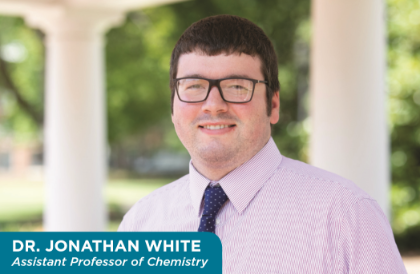
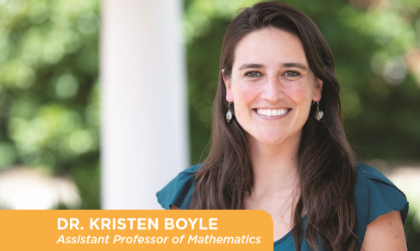
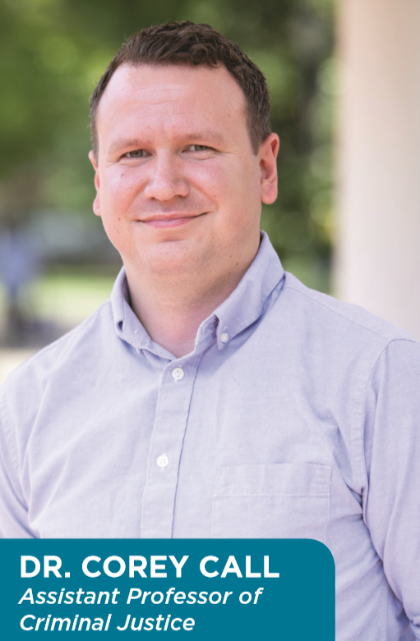
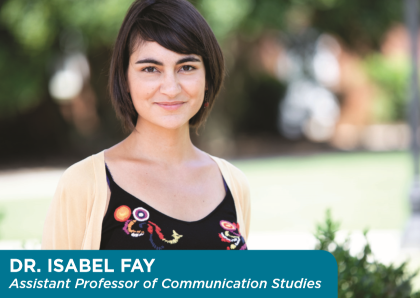
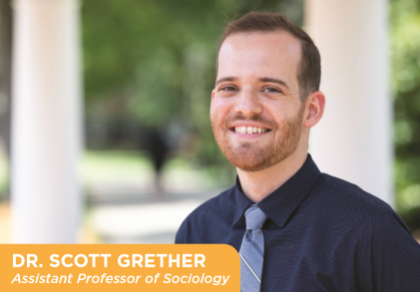
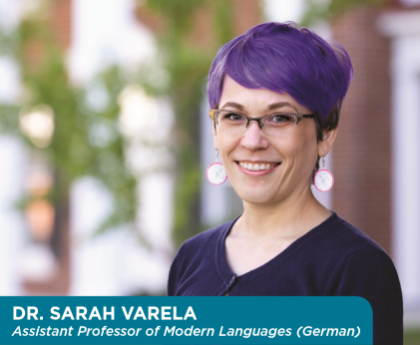
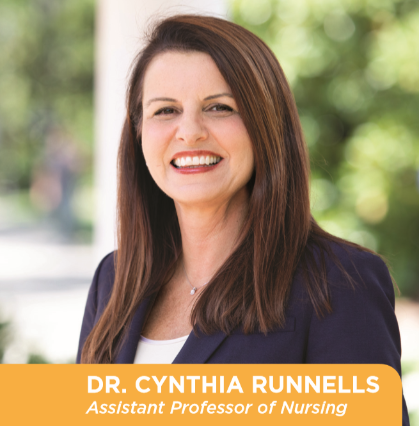
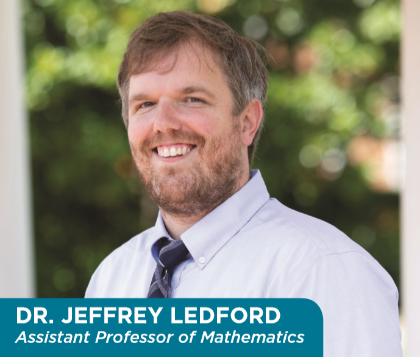
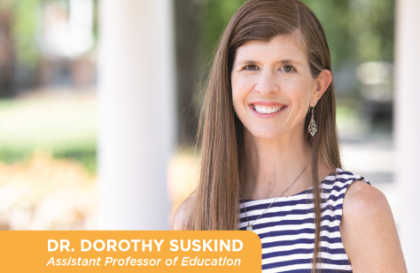
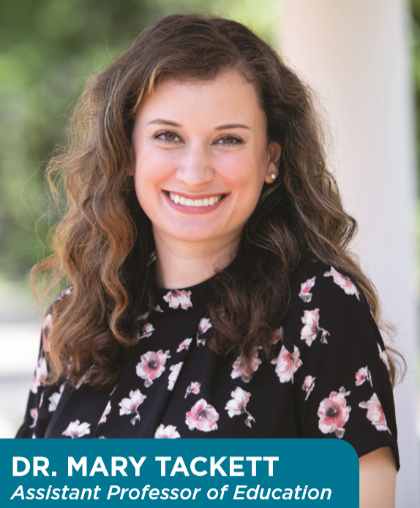
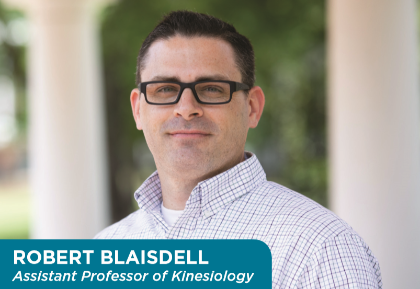
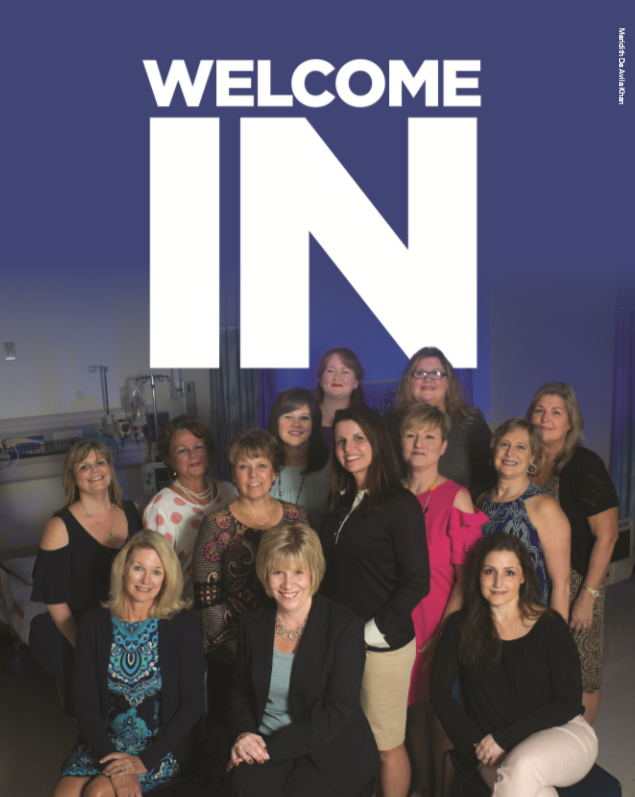
Leave a Comment